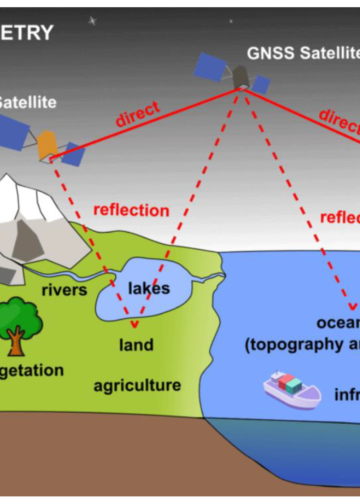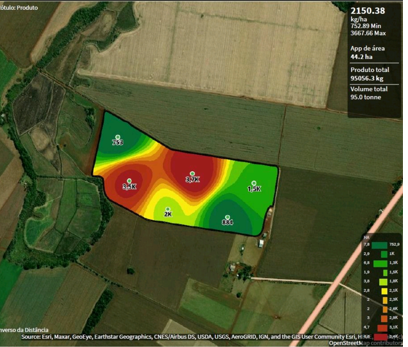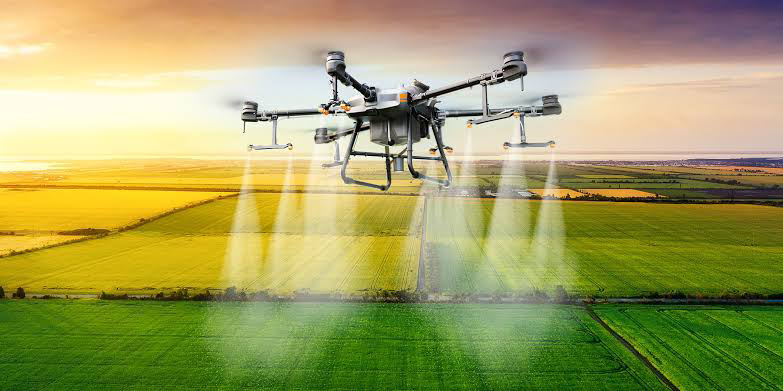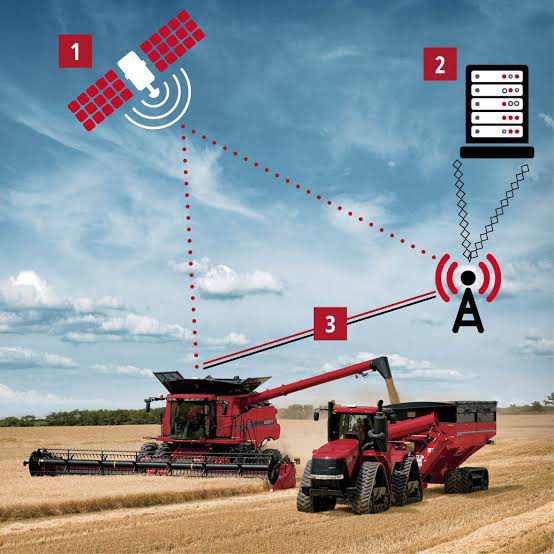Application of The Right Amount of Inputs at The Right Place using GPS Technology (Variable Rate Application)
GPS technology has revolutionized the agricultural industry by enabling farmers to precisely control the amount of seed, fertilizer, and chemicals they apply to their fields. This practice is known as variable rate application (VRA) and allows farmers to optimize the use of these inputs, resulting in increased crop yields and reduced costs.

VRA technology uses GPS technology to map out fields and determine the precise location of each plant. This information is then used to apply inputs at the appropriate rate for each plant, rather than applying a uniform rate across the entire field.
For example, plants that are located in areas with poor soil quality can be given a higher rate of fertilizer, while plants in fertile areas can be given a lower rate.

Application of The Right Amount of Inputs at The Right Place using GPS Technology (Variable Rate Application)
Not only does VRA improve crop yields, but it also helps farmers reduce the use of inputs, which can save on cost and reduce environmental impacts. By applying inputs at the optimal rate for each plant, farmers can avoid over-application, which can lead to excess nutrients leaching into the groundwater and causing pollution.
In addition to VRA, GPS technology is also used in precision agriculture for tasks such as field mapping, soil sampling, and crop scouting.
With the help of GPS, farmers can create detailed maps of their fields, which can be used to identify areas with different soil types, slopes, and other characteristics. These are called Prescription Maps (Variable Rate Application Maps) and help in guiding the farm implements in determining the right amount of input required at a particular location of the field in real-time.

Overall, the use of GPS technology in agriculture has greatly improved the efficiency and sustainability of farming practices. By enabling variable rate application and other precision agriculture techniques, GPS has helped farmers increase crop yields and reduce their environmental impact.










